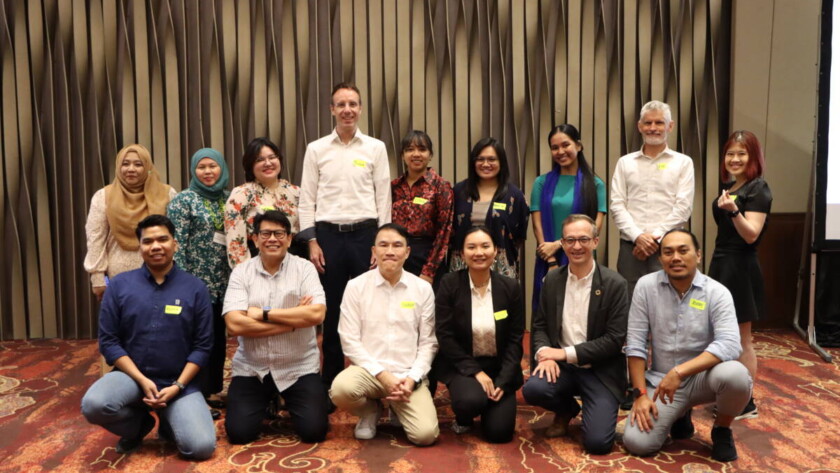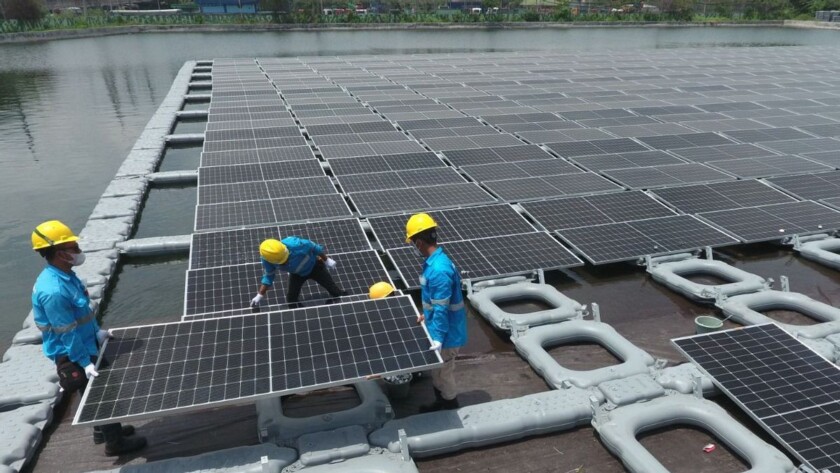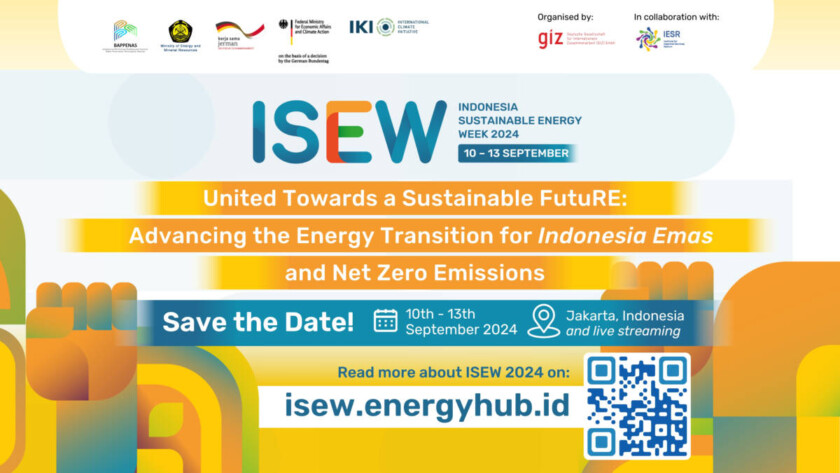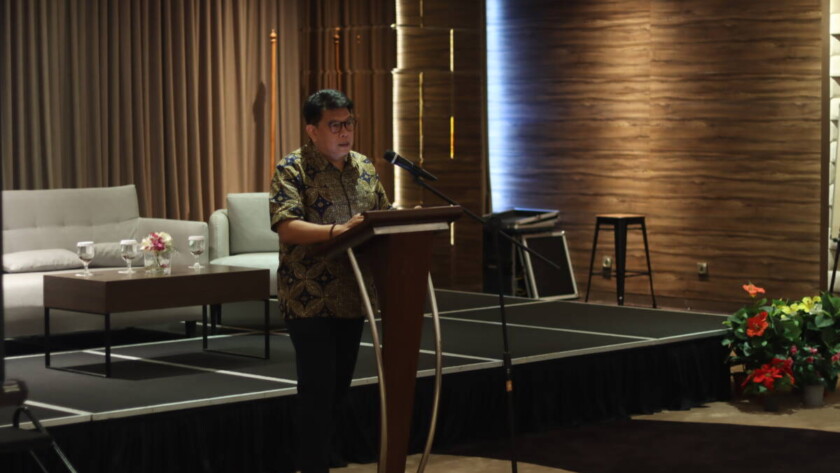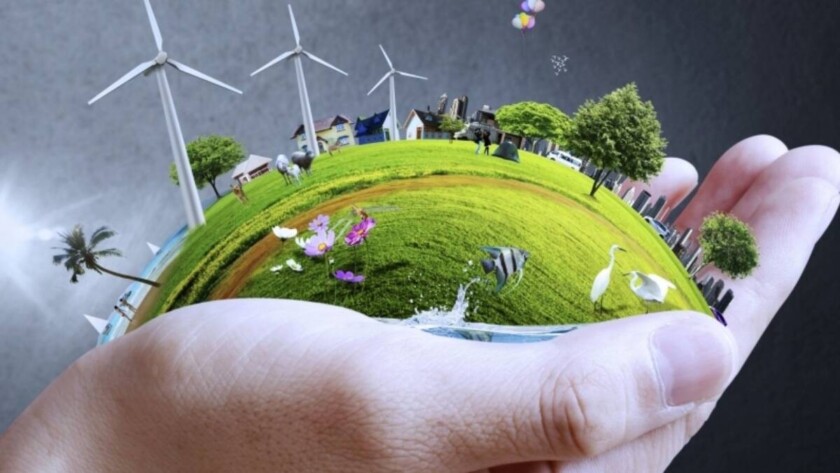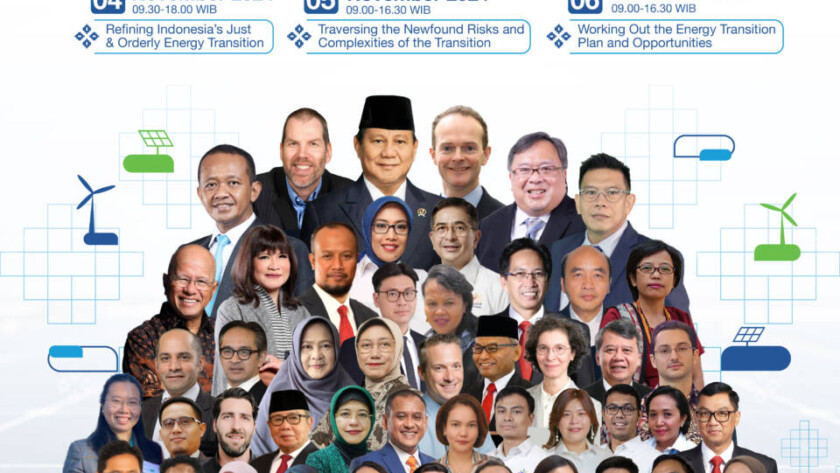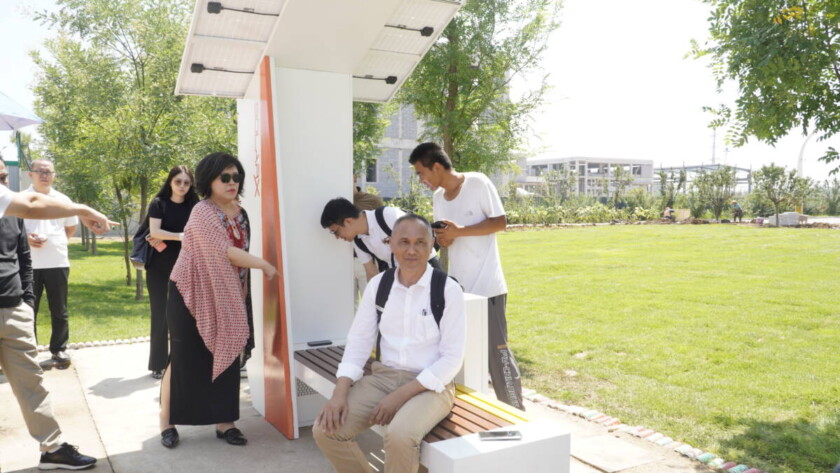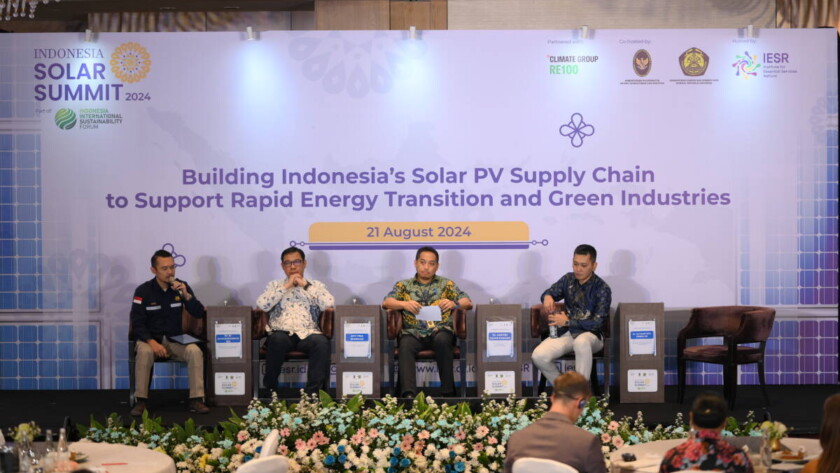Bali, August 29, 2024 - The economic development of Southeast Asia is anticipated to triple from USD 3.1 trillion in 2021 to USD 10.5 trillion in 2050 ( GECF, 2023 ), as the engine of this development, energy sector play pivotal role, however fossil fuel unfortunately continues to be of importance in the ASEAN Plan…
